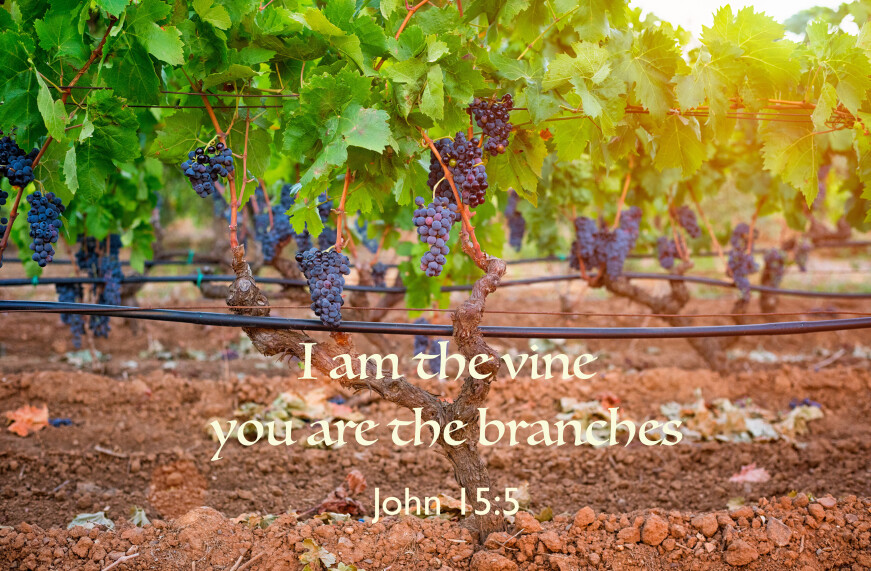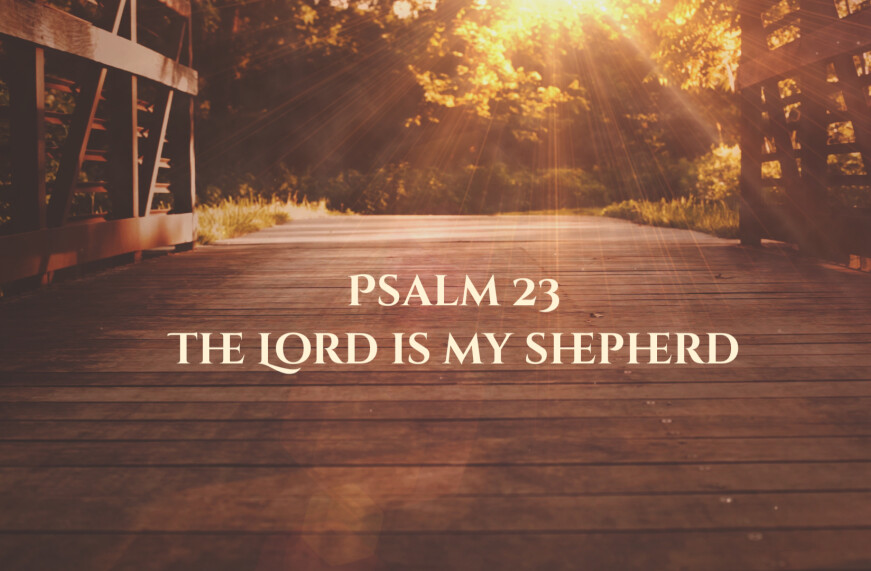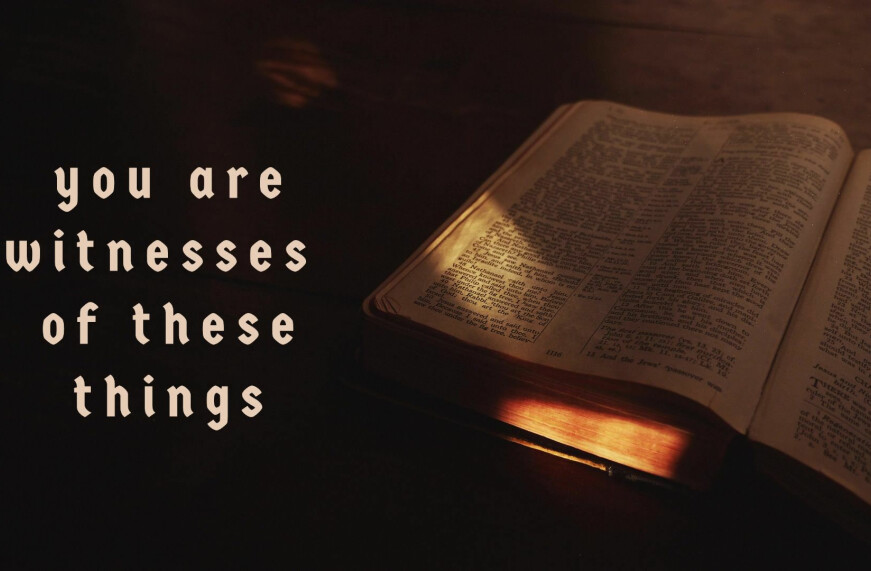Sunday, May 2, 2021

Dear St. Luke family:
I read a Vox article entitled, “Of Course You’re Anxious About Returning to Normal Life.” With over 80% of Marin adults now having had at least one COVID vaccine, it’s starting to feel as though we could get back to normal-ish life soon. But it seems many of us are also feeling anxious about returning to normal, and the article points out that this is more complicated than merely worrying about whether we still might get sick. Some people are worried about the awkwardness of reacclimating to social life. They’re worried about returning to commutes and office work that added to their stress and chipped away at their quality of life. And they’re worried about returning to a new normal that looks much like the old normal — one whose flaws the pandemic threw into sharp relief. Maybe we’ve loved being free from the rigidity of the modern workday. Maybe the pandemic has allowed us to pause long enough to think about what’s important. It’s also certainly exposed societal inequities, especially regarding access to healthcare and a safety net, that need to be addressed.
And what about church? In this Sunday’s sermon, I’ll reference an article by Diana Butler Bass, author of several wonderful books, including, Christianity for the Rest of Us, Christianity After Religion, and Freeing Jesus. When asked how the church will change after the pandemic, Bass had to answer, “I don’t know. Nobody knows.” She says we need to focus on what we do know.
Here are some things we at St. Luke know:
- There are people who are able to worship with us when we offer Zoom worship that couldn’t join us otherwise.
- People are willing to attend meetings via Zoom that would have been inconvenient to attend in person.
- People with hearing challenges find Zoom meetings and worship easier to hear.
- In spite of these pluses, being together in meetings or in worship on Zoom just isn’t as intimate, as embodied, or as welcoming as being together in person.
Our Scripture passage this week includes the famous verses in which Jesus says, “I am the vine, you are the branches.” His disciples are to “abide” in him, remain in him, as he abides in us. It’s a passage about maintaining not just connection to Jesus but commitment to his teachings and above all, to his love which nourishes us and helps our faith grow.
We’ve been through something unprecedented for any of us, something life changing. How might abiding in Jesus help us navigate the uncertain post-pandemic world? How might our commitment to St. Luke’s mission statement, “To practice love by following Jesus,” not only help us “abide” in him, but help us “bear fruit” in the weeks and months to come? Bearing fruit, says Jesus, is the whole point of being branches connected to the vine. How might our faith and the congregation of St. Luke help us process it all, grow from it, and continue to bear fruit?
Grace and peace,
Joanne Whitt
Interim Pastor


